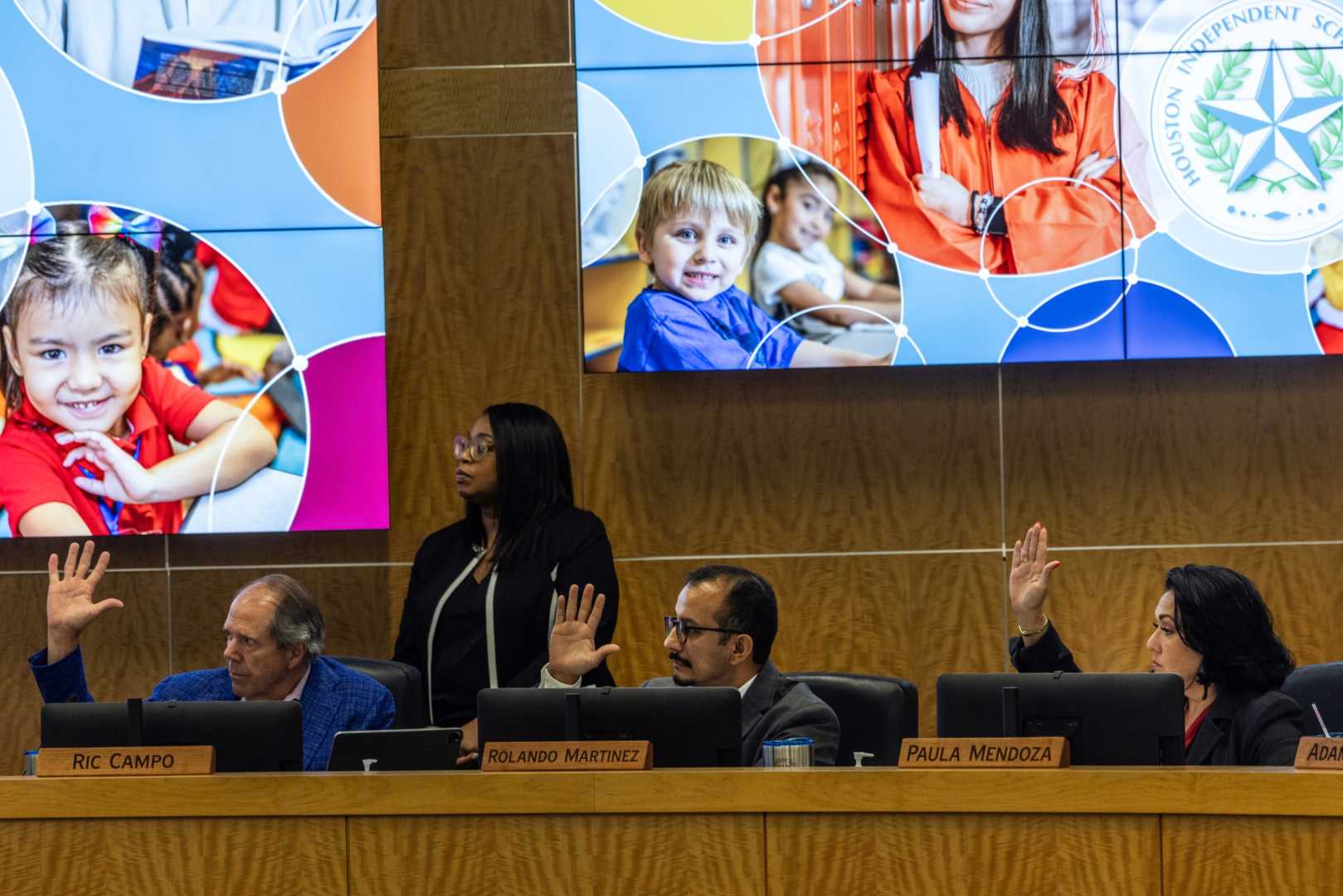Education
Houston ISD Joins Lawsuit Over Social Media’s Impact on Student Mental Health

HOUSTON, Texas — Houston Independent School District (HISD) will join a nationwide effort against social media companies, alleging their platforms harm students’ focus and contribute to a mental health crisis. The decision came after a unanimous vote from the district’s state-appointed board during a meeting on February 14, 2025.
The lawsuit is framed as a response to claims made by hundreds of school districts across the country that social media platforms like Instagram, TikTok, Facebook, and Snapchat create addictive environments detrimental to children’s well-being. His board members discussed the matter behind closed doors before returning to the open meeting to make their decision.
“Social media poses a significant challenge for our kids,” said HISD board member Angela Flowers. “With the rise in mental health issues, we cannot sit back and ignore the consequences anymore.”
HISD has contracted three Texas law firms—Thompson & Horton, LLP; Eiland & Bonnin, PC; and O'Hanlon, Demerath & Castillo—to represent the district. Under the agreement, the district will only incur legal fees if it wins or settles the case.
According to psychologists like Jeff Temple from UTHealth Houston, this legal action is necessary to safeguard students’ mental health. “Social media is an attention killer for kids. It’s turned into the boogeyman of today,” he said, drawing parallels to past concerns regarding television and video games.
Flowers highlighted alarming statistics, stating, “The data is that the suicides are up. That is the scary data. Social media is like tobacco; it should not be fed to children.” She referenced her experience as a mother of two recent high school graduates, noting the emotional turmoil among peers.
Instructively, the lawsuit frames social media as contributing to a variety of psychological issues such as depression, anxiety, and poor academic performance. A recent study indicated that excessive smartphone use, averaging seven hours a day, exacerbates these issues.
In response to the allegations, social media giants have largely argued they should not be held liable for how children engage with their platforms. In an earlier motion, lawyers for the companies argued that the district’s claims are overly broad and create an unreasonable expectation for accountability.
A U.S. District Judge previously dismissed some aspects of the companies’ requests to remove the case, noting that there is a plausible link between alleged mental health outcomes and social media use.
Flowers sees the potential lawsuit as an opportunity to educate parents and students about responsible social media use. “We need more controls in place at schools, including possibly collecting phones at the start of the day,” she suggested.
Legal experts suggest that the outcome of the lawsuits may go beyond financial compensation. Chris Thomas, an assistant professor at the University of Florida, emphasized that such litigation aims to shape public perceptions about youth social media use, irrespective of winning in court.
“These lawsuits are as much about public awareness and changing the conversation as they are about legal outcomes,” Thomas said.
As the timeline for resolving the case remains unclear, HISD continues to advocate for the expansion of limits on smartphone and social media usage in classrooms, seeking to promote healthier environments for all students. The district did not immediately comment on the ongoing developments.












